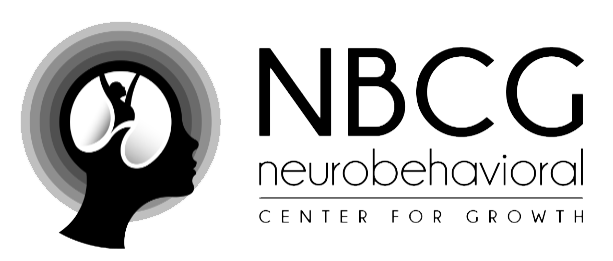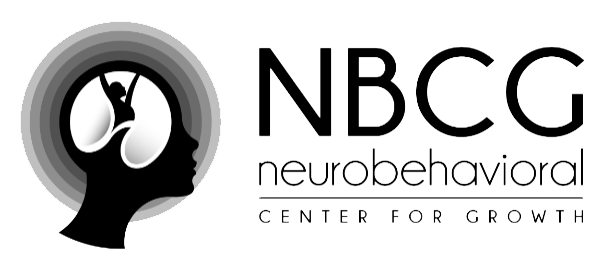Supporting Veterans’ Mental Health: Overcoming Challenges and Finding Hope
Veterans have dedicated their lives to serving their country, but the challenges they face don’t always end when they return home. Many veterans experience mental health struggles that can deeply impact their daily lives, relationships, and overall well-being. At the Neurobehavioral Center for Growth (NBCG), we’re honored to work with veterans, offering compassionate and effective treatments tailored to their unique needs.
In this post, we’ll explore the mental health challenges veterans often encounter, discuss various treatment options, and emphasize why seeking help is a courageous and critical step toward reclaiming a fulfilling life.
Common Mental Health Challenges Among Veterans
Veterans face a unique set of stressors, including combat exposure, extended time away from loved ones, and the transition back to civilian life. These challenges can contribute to several mental health conditions, including:
1. Post-Traumatic Stress Disorder (PTSD)
PTSD is one of the most common mental health disorders among veterans. It arises from exposure to traumatic events and can cause flashbacks, nightmares, anxiety, and avoidance of triggers related to past experiences.
2. Depression
Veterans may experience persistent feelings of sadness, hopelessness, or lack of motivation, often stemming from difficulties readjusting to civilian life or unresolved trauma.
3. Chronic Pain and Its Impact on Mental Health
Physical injuries sustained during service often lead to chronic pain, which can exacerbate anxiety and depression. The cycle of pain and mental health challenges can feel overwhelming without the right support.
4. Anxiety Disorders
Hypervigilance, excessive worry, and difficulty concentrating are common among veterans dealing with anxiety. These symptoms can interfere with daily activities and relationships.
5. Substance Use Disorders
Some veterans turn to substances as a way to cope with their mental health challenges, creating additional barriers to recovery.
Treatment Options for Veterans’ Mental Health
At NBCG, we understand the importance of a personalized, multidisciplinary approach to mental health care. Here are some evidence-based treatment options we offer:
1. Therapy
Cognitive Behavioral Therapy (CBT): Helps veterans identify and challenge negative thought patterns.
Eye Movement Desensitization and Reprocessing (EMDR): Effective for processing trauma and reducing PTSD symptoms.
Group Therapy: Builds community and reduces isolation by connecting veterans with shared experiences.
2. Medication Management with Psychiatric Providers
Medications like antidepressants and mood stabilizers can provide relief from depression, anxiety, and PTSD symptoms. At NBCG, our experienced psychiatric providers work closely with veterans to develop safe, effective medication plans tailored to their needs.
3. Innovative, Treatment-Resistant Therapies
For veterans who haven’t found relief with traditional treatments, innovative therapies can make a profound difference:
Transcranial Magnetic Stimulation (TMS): A non-invasive therapy that uses magnetic pulses to stimulate brain activity. At NBCG, we’ve witnessed TMS transform the lives of many veterans, helping them overcome depression and regain a sense of purpose.
Spravato (Esketamine): FDA-approved for treatment-resistant depression, Spravato is a fast-acting nasal spray that has been life-changing for veterans struggling with severe depression.
4. Medical Cannabis
Medical cannabis may help veterans manage chronic pain, anxiety, and PTSD symptoms. Our team provides guidance on how to safely integrate this option into their treatment plan if it's appropriate.
Why Seeking Help Matters
Veterans often hesitate to seek mental health care due to stigma, concerns about appearing weak, or uncertainty about where to turn. But reaching out for support is a sign of strength and resilience.
Mental health treatment doesn’t just improve symptoms—it can transform a veteran’s quality of life. By addressing mental health challenges, veterans can:
Strengthen relationships with loved ones.
Enhance their ability to enjoy everyday activities.
Rediscover purpose and meaning in life.
At NBCG, we are committed to helping veterans reclaim their joy and positivity. We recognize the sacrifices they’ve made and are honored to support their journey toward healing and growth.
Let NBCG Be Part of Your Journey
If you or a veteran you love is struggling with mental health challenges, know that you’re not alone. At the Neurobehavioral Center for Growth, we provide comprehensive, compassionate care, including innovative therapies like TMS and Spravato, that can make a real difference.
We’ve seen firsthand how these treatments empower veterans to overcome obstacles and lead fulfilling lives. Let us help you take the first step toward healing.
Contact NBCG today to schedule an appointment or learn more about our mental health services for veterans. Together, we can work toward a brighter, healthier future.


